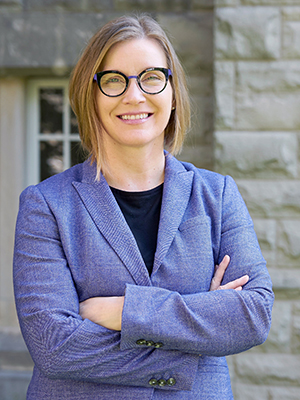Research News: New study explores transgender youth experiences in Canada

Trans Youth CAN! submitted artwork by Katrina
Trans Youth CAN!, a new study from Western University, is the first of its kind to explore the medical, social and family contexts of trans youth under the age of 16 seeking gender-affirming care in Canada. The study followed youth and their families over a two-year period from their first clinic visit, and includes youth referred to 10 Canadian clinical sites for medical care that can put a hold on puberty.
 “We ask questions in our studies about social context which really sets us apart from other studies in this area,” said Greta Bauer, PhD, Professor at Western’s Schulich School of Medicine & Dentistry, and CIHR Chair in Sex and Gender Science. “We are looking at the mental health of these youth, their gender distress and their family and school contexts as well.”
“We ask questions in our studies about social context which really sets us apart from other studies in this area,” said Greta Bauer, PhD, Professor at Western’s Schulich School of Medicine & Dentistry, and CIHR Chair in Sex and Gender Science. “We are looking at the mental health of these youth, their gender distress and their family and school contexts as well.”
The baseline data collected near the start of their first clinic visit was published today in the journal Pediatrics. It showed youth in the study experienced high rates of anxiety and depression near the start of their care, and they also reported having strong support for their gender from their parents. It also found that almost 65 per cent of families reported having some external stressors as a result of their child identifying as trans.
The study aims to show how these measures may change over time after the youth have engaged with gender-affirming care.
“It is well documented across other studies that trans people experience these high levels of depression and anxiety, and research suggests that much of that is related to how they are treated and how they internalize messages about themselves, or feel like they can’t be themselves,” said Bauer.
Existing studies have shown that with adults, social and legal gender affirmation, and gender-affirming medical care help to ease these mental health concerns.
“The hope is that our data will inform practices to help trans youth have a fuller adolescence,” said Bauer.
The study will also look at the process of care in the Canadian context to have better information for doctors and nurses, counsellors, schools, and for trans youth and their families.









